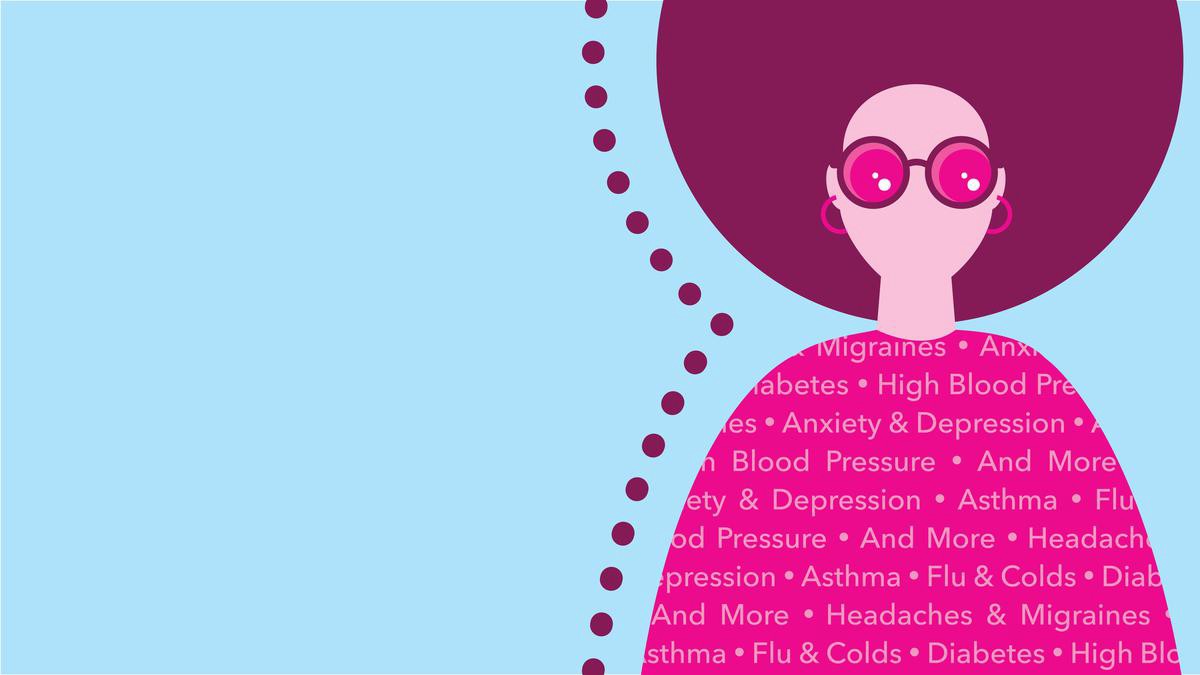
Sign Up For Our Careers Newsletter
Tips for Self Care During Mental Health Awareness Month
Since 1949, we’ve taken time each May to bring awareness to mental illness. According to Mental Health America, 1 in 5 Americans will experience a mental health issue during their lifetime — that’s 20% of the country.
In the midst of the coronavirus pandemic, even more people are at risk for mental health issues such as depression and anxiety. We can all practice self-care to help support our own mental health, so we’ve compiled a few ways you can care for yourself at home.
Prioritize Well-Being
As the coronavirus throws the world off it axis, nothing is normal. But it’s important to set aside time, regularly, to take care of yourself.
- Make time to sleep — and not just nodding off in your recliner while watching something on Netflix. Good, solid sleep is key.
- Eat mindfully. It may be tempting to grab a bag of chips and call it lunch, but that’s not what your body needs. Healthy, well-balanced meals keep your brain functioning at a high level and provide much-needed energy.
- Exercise. With most gyms and exercise centers around the country being closed, getting physical activity at home or around your neighborhood (at a distance) is crucial to cognitive function — including improving your moods and making sure your body stays as healthy as possible.
- Practice hygiene. It may sound obvious, but making sure you shower, change clothes regularly (and get dressed at least every now and then), and brush your teeth and hair all help to give you a sense of routine and a semblance of normalcy.
Focus on Positivity
It’s easy to get lost in all the bad news in the world. But it’s important to focus on the good.
- Keep a gratitude journal, or write yourself a daily love note. Making note of the good in your life — and the good in yourself — reframes your perspective.
- Help, if you can. If you’re able to — mentally, physically, and financially — volunteering to work a crisis hotline, make PPE, or give back to others in some way can be self-care.
- Treat yourself. Pampering yourself is also self-care, and it can come in many forms. It could mean taking an extra-long bath while your partner watches the kids, or unplugging from the world to finish that book you’ve been meaning to get to. It can also mean whatever you can do to give yourself some peace and happiness.
- Get organized. When your house feels chaotic, your life feels chaotic. Doing a thorough spring cleaning isn’t just productive — it can reduce stress and improve your mood.
Reach Out
Reaching out for help is sometimes difficult to do, but it’s an important part of self-care. Knowing your physical and emotional limits and understanding your own well-being is a feat — never a weakness.
If you need to talk to someone, if you’re experiencing financial or health difficulties, or if you’re just in need of a helping hand, there are many community, state, and federal resources available.
We’re In This Together
These are unprecedented times, but together, we’ll get through. To keep in touch, join our newsletter list.
